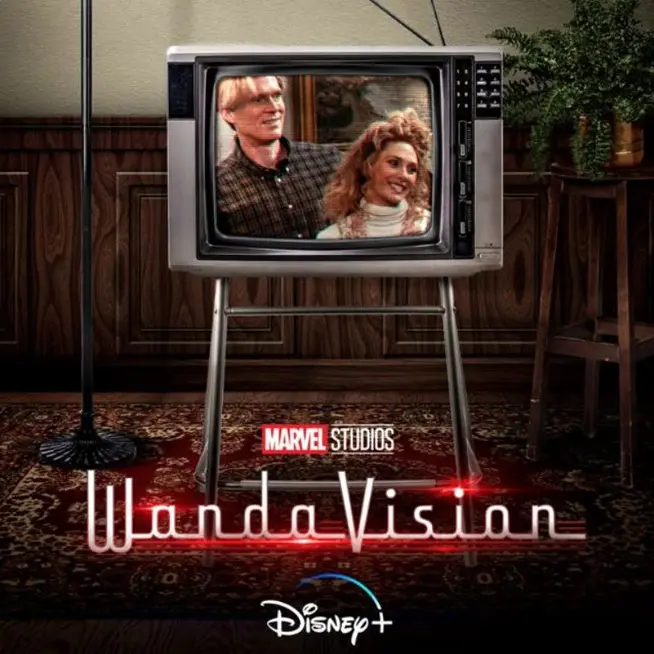WandaVision proved that Marvel can't do more than pay lip service to complicated ideas
-

"I’m not really here to relitigate the finale, which has been endlessly argued about," says Emily VanDerWerff. "I think WandaVision was deeply irresponsible in how it handled this plot point, creating a scenario where it all but sidled up to telling an abuser that she’s okay because her motives were okay. It didn’t cross that line, but that it came close is unsettling. But many of the arguments about the finale have centered on what should have happened to Wanda, as though she were a real person who must be brought to justice. And because Marvel is telling one giant interconnected story with every movie and TV show it releases, it can, in theory, have Wanda face judgment for these actions years from now and retroactively seem to justify the storytelling choices made here. I think these arguments are missing an important point. Wanda is a fictional character. By definition, she cannot face actual justice. But increasingly, we struggle to talk about fictional characters within the fictional contexts they exist in. We debate the military strategies of Game of Thrones characters and argue about the morality and political positions of all sorts of superheroes. Yet these characters are all created, and they exist in universes that are constructed. Within those universes, the storytellers who create these stories are, functionally, gods. When we say we want Wanda Maximoff to face justice, I think what we’re really saying is that we want the storytellers to show us they know what justice would be, even if she doesn’t face it. We want, in other words, story karma."
TOPICS: WandaVision, Disney+, Marvel
More WandaVision on Primetimer:
